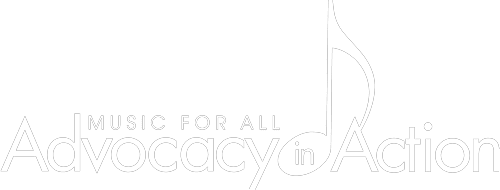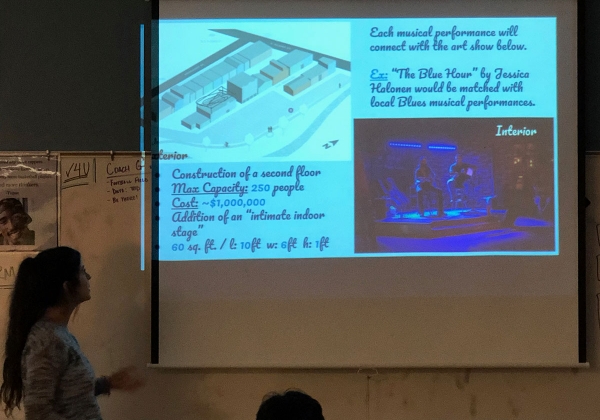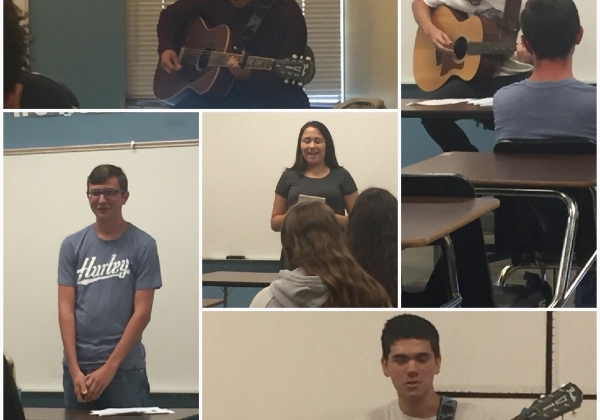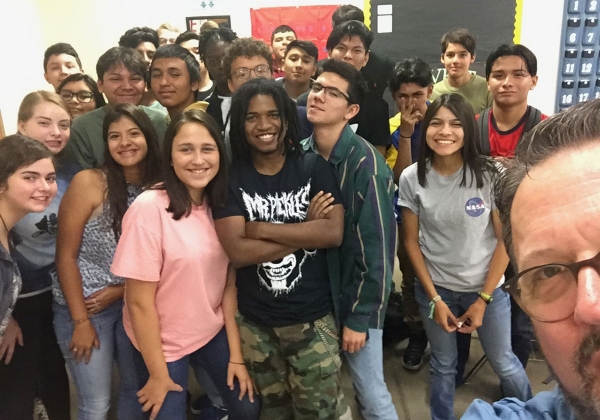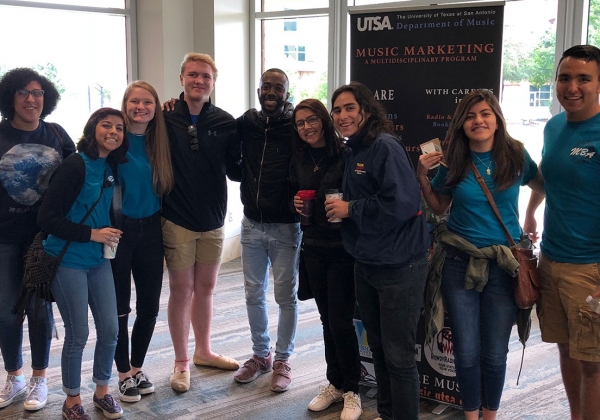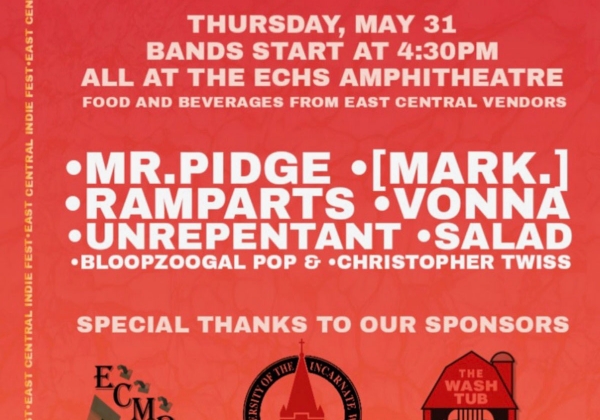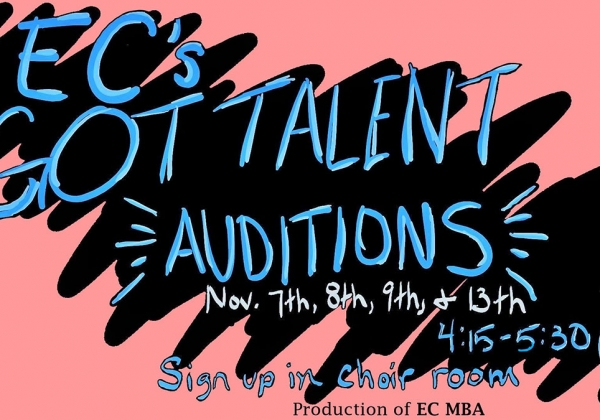Music Business Recruitment
East Central High School, TX
7173 FM1628, San Antonio, TX, USAProject Description
The program is designed for independent student musicians, composers, technicians, producers, et al. Recognizing we were not reaching these fringe musician students, we created a two-year course of study to prepare these students for success in the music industry. Year one is an introduction to music business and industry careers presenting a broad overview of the music and recording industry and explains how the various segments operate on a day-to-day basis: where monies are generated, who the key players are, how deals are made and broken, how interests are protected, and what the new developments in digital technology are that are changing the way music is marketed, promoted, distributed, and heard. Students are encouraged to think as entrepreneurs as well as marketers. Year two is a practicum/internship with several hands-on opportunities aligned with students’ interests. Students learn the structure of, and the relationship between the recording, publishing, marketing, and live performance industries. In its first year, the music business/industries course is the springboard for the East Central Music Business Association (EC-MBA). EC-MBA recruits and involves all stakeholders in a partnership to facilitate student internships in conjunction with community businesses and post-secondary academic institutions. EC-MBA has an objective to develop these opportunities for high school students, particularly at-risk students, within the framework of music business and industries. The internships offer career options outside traditional music education. The four goals of EC-MBA are 1) Access; 2) Association; 3) Accomplishment; and 4) Ability. These are the foundation of the activities and strategies of the program. Joining with parents, teachers, administration, and students, EC-MBA funds to date have been student-generated from producing a campus-wide talent show and creating, marketing, and managing an independent musician festival. Part of the long-range plan is to purchase DJ equipment to facilitate contracting DJ services for district, campus, and community events such as banquets and dances. Funds for the equipment will advance business education through contracting, budgeting, and marketing for the EC-MBA students.
Target Audience
Overall budget
$350
Specific Budget Breakdown
DJ equipment (sound mixers, lights, and computer tech) funds for future business fundraising ventures will be purchased in Spring of 2019 based on needs assessment.
New or recurring project?
New ProjectChallenges/obstacles that were encountered
Measurement of the success/effectiveness of this project?
Advice for someone looking to replicate this project in their own community?
Supporting Materials
PDF Downloads
